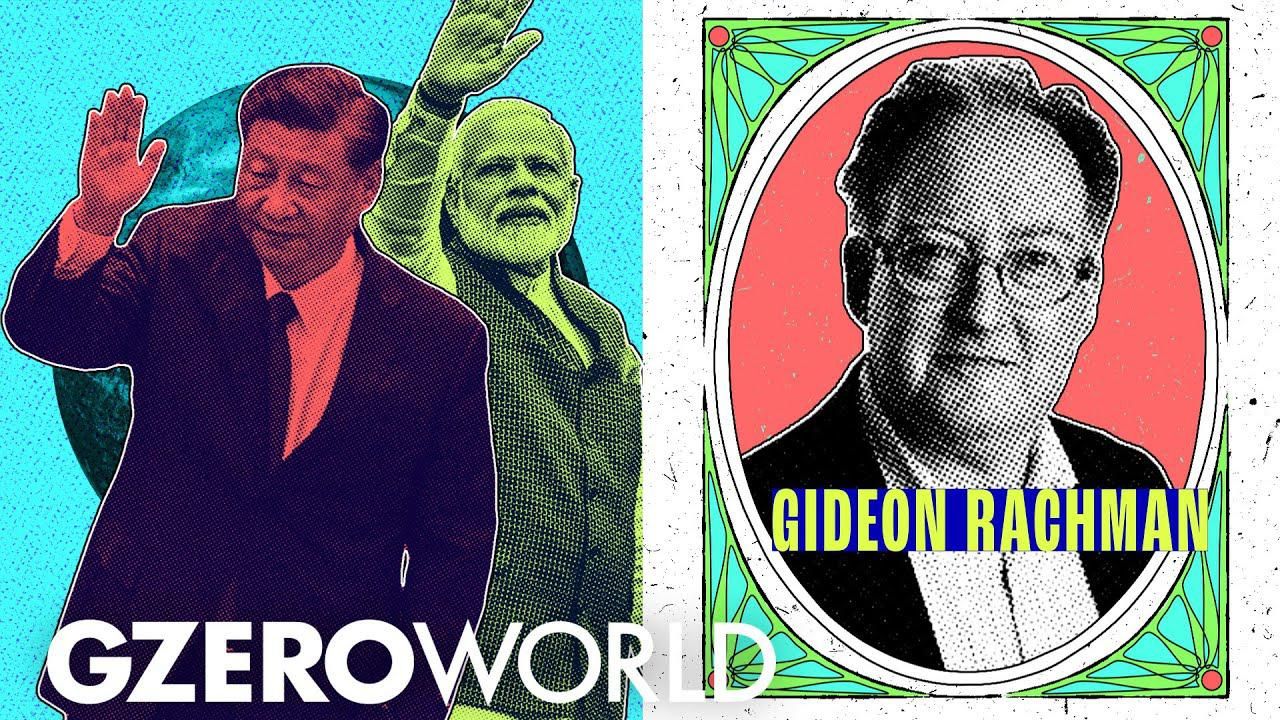
As things become more unstable in the world with inflation and rising food prices, and commodity prices, there is going to be more and more appetite with strong leadership.
Part of the pushback against globalization has been led by autocrats who reject things like free trade and the liberal international order. For them, globalization means losing control.
But the world today remains more interconnected than ever. So, do they want less globalization, or rather a version that fits their narrative? On GZERO World, Ian Bremmer speaks to Gideon Rachman, chief foreign affairs columnist for the Financial Times, who wrote a book about the rise of the age of the strongmen.
A modern example of the strongman appeal are resentment at minority groups and how strongman leaders exploit that. Autocrats are generally not fond of minorities, yet resentment against them is always a good pitch to fire up the base, says Rachman.
Good examples are India's Narendra Modi, China's Xi Jinping, or the European far right with Muslims. But the European strongmen have not behaved the same way with Ukrainian migrants.
"It's pointless to deny that people are more likely to feel compassion for people who maybe look a bit like them," Rachman tells Ian Bremmer.
Countries representing more than half of the world's population — including China and India — are not on the anti-Russia bandwagon.
Why? For one thing, US hypocrisy after the war in Iraq. For another, many countries "simply don't want to return to a unipolar world.